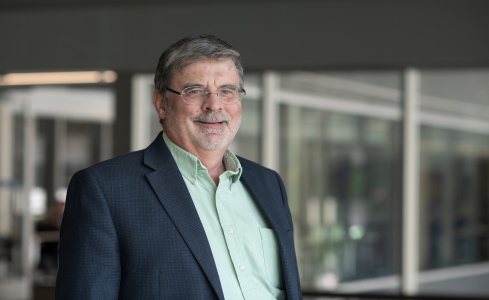Dr. Andreas Laupacis
As a leading academic and clinician, Dr. Andreas Laupacis’ career is full of noteworthy achievements — from developing the NNT (the ”number needed to treat”) as a standard measure of efficacy for health interventions, to helping establish the importance of patient engagement in health care delivery.
He has been described as a skilled scientist, a gifted communicator and a humanist, and each of these roles are reflected in his achievements.
“In some ways I see my whole career as that of a generalist.”
Over the course of his career, Dr. Laupacis has developed several different guidelines, decision aids for patients, and approaches to assessing health care technology and interventions — all of which have been instrumental in shaping health services delivery. As the CEO for the Institute for Clinical Evaluative Sciences, Dr. Laupacis has championed the use of administrative data and health services research to influence policy. In addition to his academic and clinical work, Dr. Laupacis has more recently been involved in developing the Healthy Debate website, an influential platform for evidence-based health policy commentaries and a forum for establishing patient-centred narratives as an important medium for considering health issues.
But when asked to recall one of his most exciting professional moments, Dr. Laupacis talks about his early-career work with Dr. Calvin Stiller, to validate the role of cyclosporine in preventing organ rejection.
Reflecting on his varied career, he says he has been “incredibly lucky” to be a doctor-researcher who has been able to shift his focus over time.
Dr. Laupacis is a professor at the University of Toronto and a Canada Research Chair in Health Policy and Citizen Engagement. He also serves as chair of the board for Health Quality Ontario, helping the organization become a leader in integrating patient engagement into policy development and delivery. Until recently, he was also the executive director of the Li Ka Shing Knowledge Institute of St. Michael’s Hospital in Toronto.

